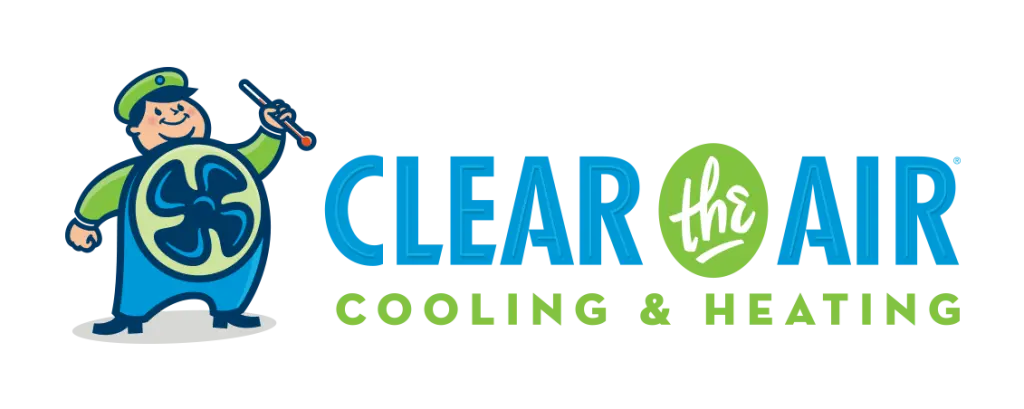After You’ve Spoken to Your Insurance Company About A/C Damage, Contact Us
Now that we are all in the midst of recovering after Hurricane Ike, and the damage it left here in the Houston area, we thought it would be prudent to offer up information on how to take care of your central A/C unit. Being that the compressor unit is located outdoors, yours may have sustained some damage from the storm. This blog post should help you assess the damage and take steps to minimize further problems after electricity service is restored.
We realize that it would be nice to have your A/C running to keep your home cool, but before you do so, you need to check it first before you cause more damage that could increase costs. Granted, it may be your insurance company footing the repair bill, or part of it, you still want to avoid creating more problems that could increase the time frame before your A/C can be up and running again.
This is from the Texas Insurance Department:
Q. Can I make repairs to my property immediately?
A. Generally, you should make temporary repairs if necessary to protect your property from further damage. Do not make permanent repairs until an adjuster has inspected the damage. Your policy covers the cost of necessary temporary repairs, so save your receipts for materials and labor. You may wish to take pictures of the damage before making temporary repairs.
Whether or not your A/C unit is covered by your insurance company will depend on your specific policy. Ask your insurance company.
Assessing Your A/C for Damage
Before restarting your central air conditioning system, you want to check these things;
- Is there obvious damage from falling trees or other wind-blown objects?
- Was the A/C unit submerged in flood water?
- Vents and cooling fan is clear of debris
- No burnt electrical smoke damage
- Refrigerant & electrical lines are intact
Obvious Damage Due to Flooding or Debris
To assess if your central air unit or heat pump had been submerged by flooding you may see obvious signs on the unit itself or along the side of your house. The high water mark will likely have left a dirt stain on your exterior walls. You can gauge the depth of water from that and determine if the unit was in water. The A/C unit itself may have a skim of mud over it as well.
If your unit was submerged you should have it inspected and cleaned by your HVAC service company before turning it back on. Internal systems coated in dirt may not work their best, the cooling coils will loose efficiency and the electronic systems inside may short out if turned on.
If the unit had been hit by falling trees or tree limbs or other large objects blown by the wind or carried by floodwaters then you should just call your service people before attempting to turn it on.
The Rest of Your Central Air System
If your home experienced flooding and flood water came inside then you may need to check on your furnace and/or air handler. If flooding had touched these pieces of equipment you should have them inspected by an HVAC contractor. Water may have shorted out electronics or be causing corrosion in crucial parts.
No Obvious Damage Visible
Now if your machine seems fine, is free of debris, and had not been struck by anything or in the path of direct flooding you might consider turning it on to test it. Cross your fingers though! And do a thorough check again once it’s on. Does the cooling fan sound right? Put you nose near the unit and try to smell for signs of electrical shorting or smoke. After it’s been running for a while check it again to be sure and continue to keep an eye on it.
If you’re weary of it then have it checked out by a professional. If all still seems fine but your just not sure you should probably turn it off at night while sleeping since you can’t be monitoring it. With massive power outages there is risk of fires after power comes back. Please be careful.
More Resources
This Home Inspector is giving some advice on repairs after Ike.
Center Point Energy posts a map of progress of electricity restoration efforts here.
The Houston Chronicle has a great page about cleaning up tree debris. They also have one about protecting your home from power surges when the electricity comes back on.
The Houstonist is posting info and links daily in their Morning Roundup about how things are shaping up during the hurricane recovery.
US Government Centers for Disease Control and Prevention has info about cleaning up flood water after a hurricane.
The Texas Department of Insurance (TDI) has lots of great info about dealing with damage and filing insurance claims. They’ve created a Hurricane Ike Consumer Resource Page with links to lots of information, agencies, safety tips, etc.
More info from TDI;
